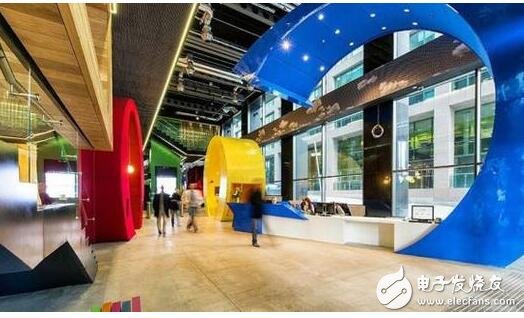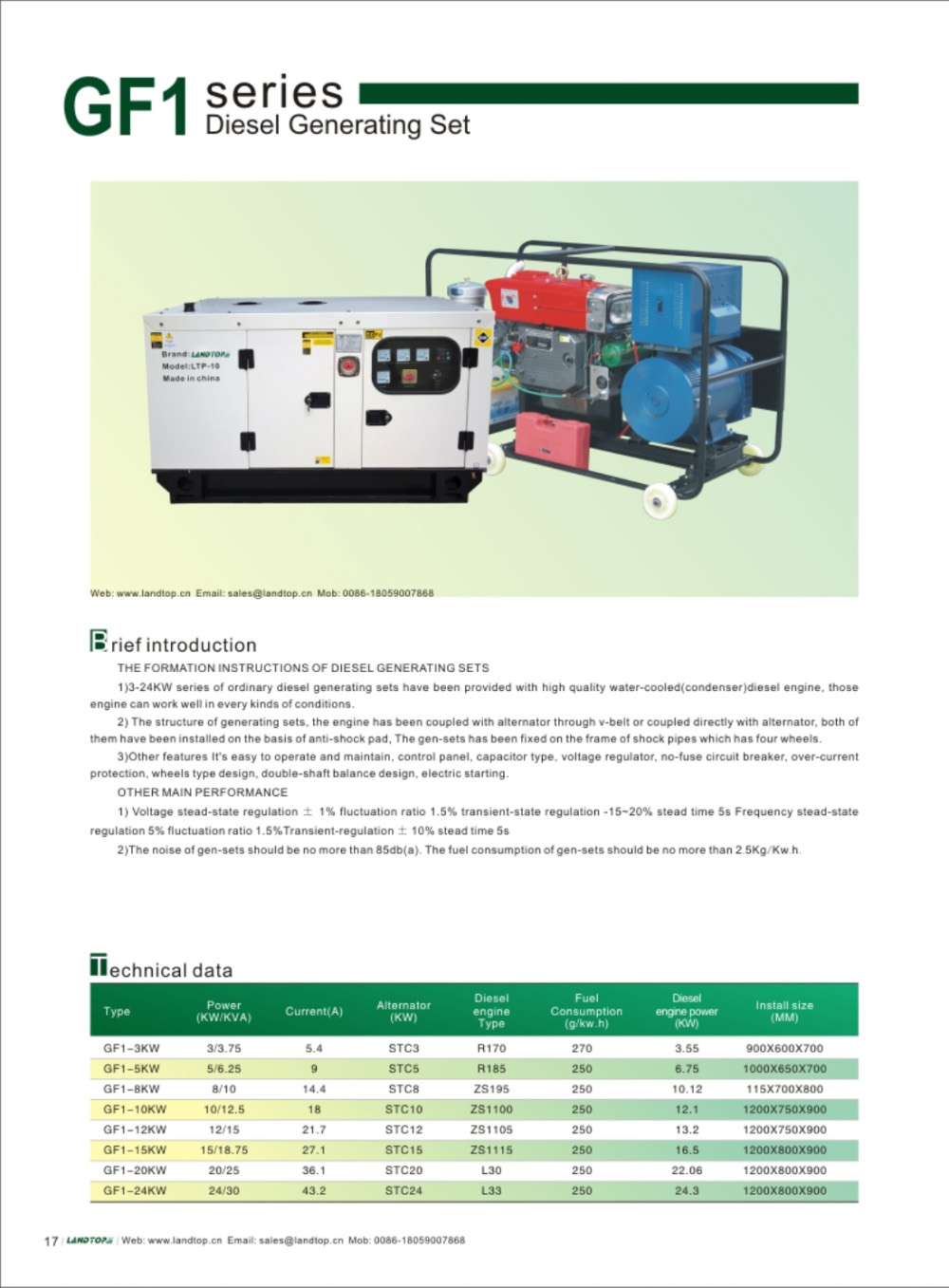Artificial intelligence is now the most important thing in the entire scientific and technological community. Google, the technology giant, especially emphasizes its efforts in this field, but it is not difficult to see that this company is still pursuing the form of “buy and buy†in this field. From the past experience, this kind of acquisition is difficult to play, and most projects are halfway through.
Just recently, Google CEO Sundar Pichai wrote an article explaining Google’s strategy of transforming to AI:
“In the past 10 years, Google has been building a world of mobile-first, turning our mobile phones to remote control of life. But in the next 10 years, we will turn to the world of AI-first, so that a world computing will be universal. Available, you can use computing power at home, in the company, in the car, or during the run, and the interaction with these interfaces will become more natural, more intuitive, and especially smarter."
However, although the strategic goals have changed, Google is still immersed in “buy and buy†at the tactical and executive level, which seems to confirm that Google is in a paralyzed stage of high-handedness.

Technology is mainly based on acquisitions. Does Google seem to be poor?
Google has always been "rich" in the acquisition, as well as in the field of artificial intelligence.
At the end of September, Google announced the acquisition of the chat bot startup API.AI to further enhance speech recognition technology. The company provides an API (application programming interface) for speech recognition and context management, and developers can also Chatbots provide expertise in a certain area, and Google has not announced the amount of the acquisition, but according to Crunchbase's data, the total amount of financing is about $8.6 million.
Google has long since begun to acquire in this area - in 2013, it acquired DNNresearch, a deep learning and neutral network startup; in 2014, Google acquired the artificial intelligence DeepMind for $400 million, when the company was founded. Only three years, focusing on machine learning and neuropsychiatric research.
In fact, it is not only based on technology such as speech recognition, but also in robots, which are important applications of artificial intelligence. It has acquired seven robot companies - Schaft, Industrial PercepTIon, Meka RoboTIcs, Redwood RoboTIcs, Bot & Dolly. And Holomni, and the most famous Boston Dynamics.
The same is true in the smart home sector, and no one will forget its $3.2 billion acquisition of Smart Home Nest in early 2014.
However, these acquired projects did not play a good role in Google, and most of them died halfway.
Google acquired seven robot companies before and after, and integrated into the robotics department Replicant, headed by Andy Rubin, the father of Android. But after Andy Rubin left, Replicant management was in chaos, so Google’s management put pressure on some of the interrupted teams, the Boston Robotics Inc., which caught the attention of countless people.
The goal of the Boston robot is to develop the world's most advanced robots. As you can see in the wide-spread video, the company's robots are leading the way in terms of walking performance, agility, flexibility and speed.
In 2015, Google management hoped they could develop some consumer robots that could be launched in the short term, but the Boston Dynamics team didn't want to do this, and even refused to communicate with management. Google set the time for the department to commercialize the product. The table became the fuse of the relationship between the two sides. In March of this year, Google reported that it wanted to sell its robot company, Boston Dynamics, to let the outside world know. At the same time, Google’s invalid acquisition was once again exposed.
The Nest acquired by the sky price has also become a shell. According to The Verge, in June of this year, Nest co-founder, Tony Fadell, known as the "father of the iPod", was swept out of the door. He was accused of managing rudeness - the company had previously acquired the webcam company Dropcam, but later The company's 50 employees collectively resigned, and the former CEO of Dropcam also publicly accused Tony Fadell of the creativity of the team to promote the development of outstanding new products.
The parent company, Alphabet, had to reorganize Nest Labs to integrate the entire Nest Platform into a part of the Google IoT division. Google had high hopes for Nest in the past, but the performance of the company was very disappointing. The media also believed that Nest was too slow in launching new products.
Google has always liked to buy and buy. It is the leading force in technology mergers and acquisitions. In 2014, it acquired more than ten companies in a quarter, far ahead of the acquisition scale of other technology giants that year. However, due to financial considerations, the company's acquisition has slowed significantly since 2016. In the fourth quarter of 2016, Alphabet acquired only Famebit, a platform that helps commercial brands connect with video creators on YouTube.
Google artificial intelligence commercialization process is slow
Google has always pursued a loose innovation mechanism. Although many new and unique black technologies attract attention, the commercialization path is very tortuous, and it is also true in the field of artificial intelligence.
Autopilot is an important application area of ​​artificial intelligence and deep learning technology. Google has invested heavily in driverless driving and technology is leading, but from the current point of view, it has also fallen into a certain predicament in commercialization.
It would be more difficult for Google to provide the entire driverless car technology to big car manufacturers, because the big-name traditional car manufacturers do not trust the core technology to attach to Google, and do not want to hand over the core user experience to Google. In charge.
Just on August 6, Chris Umson, CTO of the Google Driverless Vehicles Program, and two other executives left Google. The co-founder of Utto, the co-founder of Uber, a U.S. driver who acquired Uber for $680 million, was also the head of the Google Unmanned Vehicles project. After the acquisition, Anthony Lewandos will become the head of Uber's driverless business - it is not difficult to see that Google has a big dilemma in the commercialization and personnel structure of this field.
Just in October, Google released a series of hardware products, including $129 Google Home, but many American media believe that Google is still too late to shoot on smart home, two years behind Amazon. In fact, the most important technology of this smart home is artificial intelligence technology such as speech recognition. Google is the world leader in this field, but it has not released relevant products until then.
A report in The New York Times quoted Google’s internal AI department staff as saying that Google hopes that in the past two years, it has focused more on putting this technology on mobile devices than smart home products. But it's not hard to see that Google's response to new things is still slow on hardware.
Similar to Microsoft, Google has a typical American style of “buy, buy and buy†and try to achieve its goal through acquisition. However, as Google becomes more and more large, it is followed by more and more ineffective innovations and acquisitions, and the difficulty of integrating corporate culture and commercialization. More and more regrets are low, and people’s expectations are consumed.
GF1 Diesel Generator Suppliers
Brief Induction
1) 3-24kw Series of ordinary diesel generating sets have been provided with high quality water-cooled diesel engine, those engine can work well in every kinds of conditions2) The structure of generating sets, the engine has been coupled with alternator through v-belt or coupled directly with alternator, both of them have been installed on the basis of anti-shock pad, The gen-sets have been fixed on the frame of shock pipes which has four wheels.
3) Other features It's easy to operate and maintain, control panel, capacitor type, voltage regulator, no-fuse circuit breaker, over-current protection, wheels type design, double-shaft balance design, electric starting.

GF1 Series Diesel Generator,GF1 Single Cylinder Diesel Generator,Single Cylinder Diesel Engine,Generator GF1 Series
FUZHOU LANDTOP CO., LTD , https://www.landtopco.com